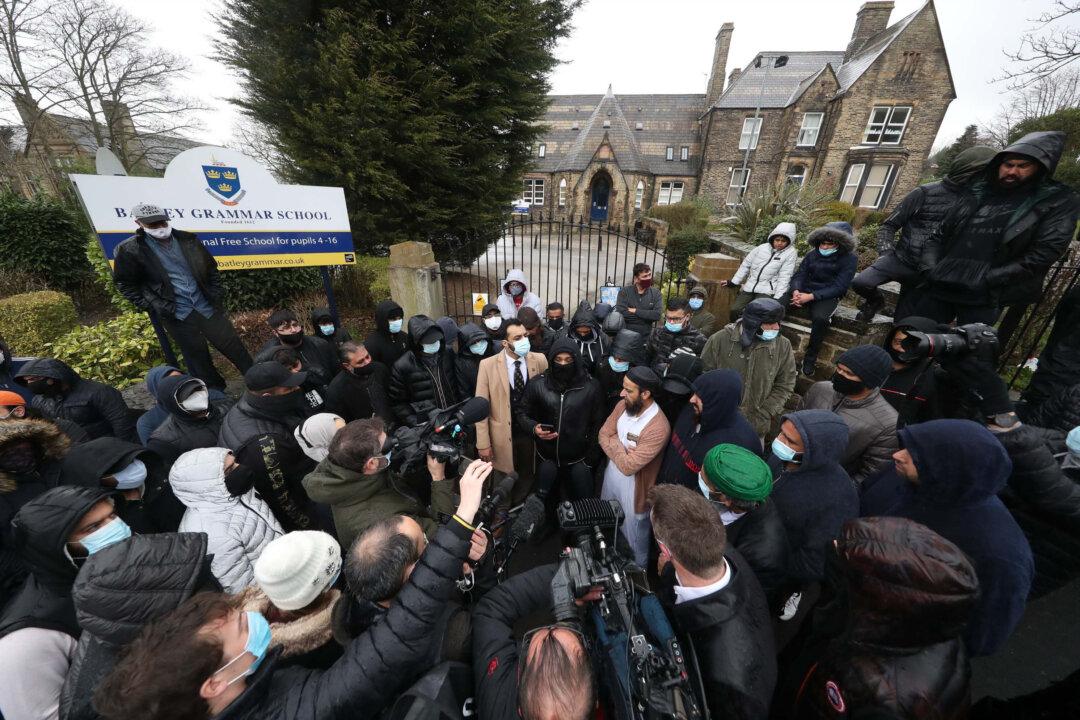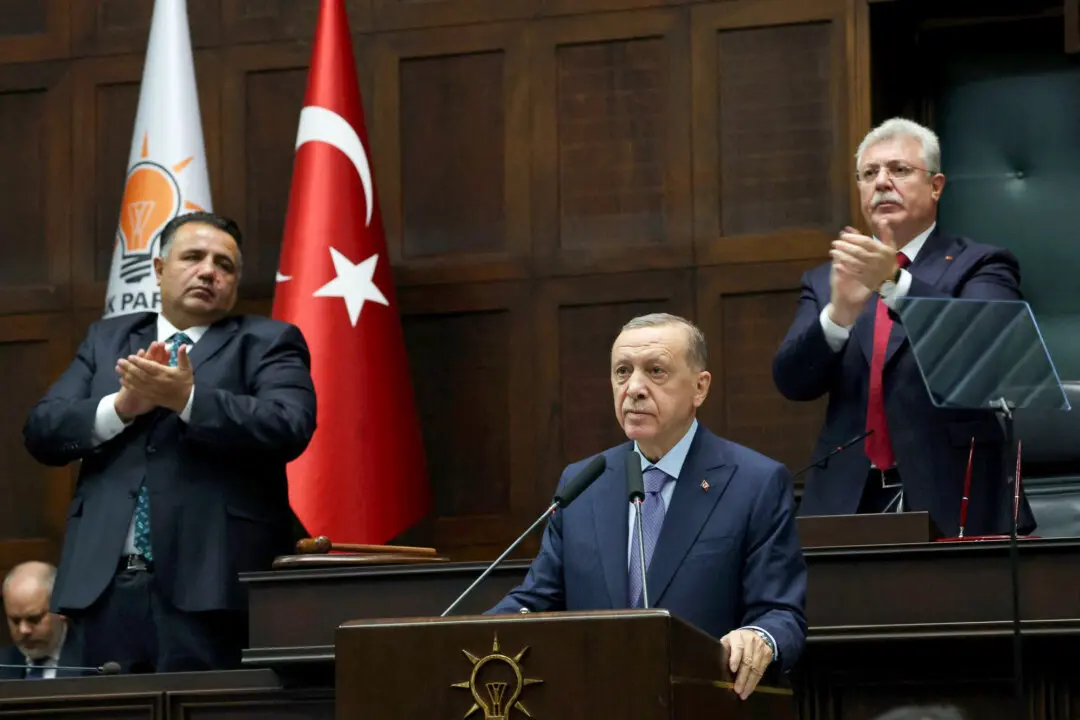Anti-blasphemy activism in the UK is gaining momentum and showing signs of becoming increasingly radicalised, according to a government report.
The report produced by extremism expert Alexander Meleagrou-Hitchens said the incidents involve extreme sectarianism, intimidation, and threats of violence and pointed to three recent “blasphemy flashpoints” in the UK.
He said that anti-blasphemy activism comes in various guises but two, which he said were the most “pervasive and inflammatory,” included targeting anti-blasphemy against non-Muslims deemed to have “insulted Islam” usually by showing images depicting the Prophet Muhammad or damaging physical copies of the Quran.
Anti-blasphemy activism also targets sects which are viewed as “heretical” such as the Ahmadi Muslim sect or certain Shia groups.
‘Most Alarming Recent Development’
The report said that the “most alarming recent development” is the emergence of a UK wing of the extremist Pakistani anti-blasphemy political party, Tehreek-e-Labbaik (TLP).Before his death in 2020, TLP founder Khadim Rizvi had a long record of supporting vigilante violence and murder against accused blasphemers.
Mr. Meleagrou-Hitchens said that a number of influential UK anti-blasphemy activists have links to TLP-UK or have publicly praised Mr. Rizvi and called for British Muslims to “learn from his teachings.”
Since Mr. Rizvi’s death, there have been three annual events in the UK organised by TLP-UK commemorating him and “celebrating his work to violently eliminate blasphemy against Islam.”
The reported urged the government to consider adopting anti-blasphemy extremism as a specific category of extremism in the UK and using this term in official statements and documents.
Definition of Extremism
The report comes as the government is preparing for fresh suppression of what it terms “extremist views,” with Communities Secretary Michael Gove expected to work on a new definition of extremism this week.The government’s new definition will replace one in the existing Prevent counter-radicalisation programme, giving “more specificity,” and will enable the government and other public bodies to ban funding and engagement with Islamist and far-right groups.
However, Conservative MP Miriam Cates warned on social media platform X: “We don’t need a ‘broader definition of extremism.’ This is a slippery slope towards the abolition of fundamental freedoms.”
“Some people think that gender critical views are ‘extreme.’ I think decriminalising abortion to birth is ‘extreme,’” she said.
“The UK has a problem with Islamists who glorify terrorism and intimidate others. These people are committing criminal offences under current law. We just need to enforce the law by prosecuting those who incite violence, glorify terrorism, promote racism and make threats,” added Ms. Cates.







